Europe is home to some of the world’s oldest nations, each with rich histories and unique origins. From ancient city-states to kingdoms that shaped the continent, these nations have stories stretching back centuries. Their pasts are filled with empires, independence movements, and legendary events that built the foundations of modern Europe. In this article, we’ll explore the roots of the oldest countries in Europe.
Greece
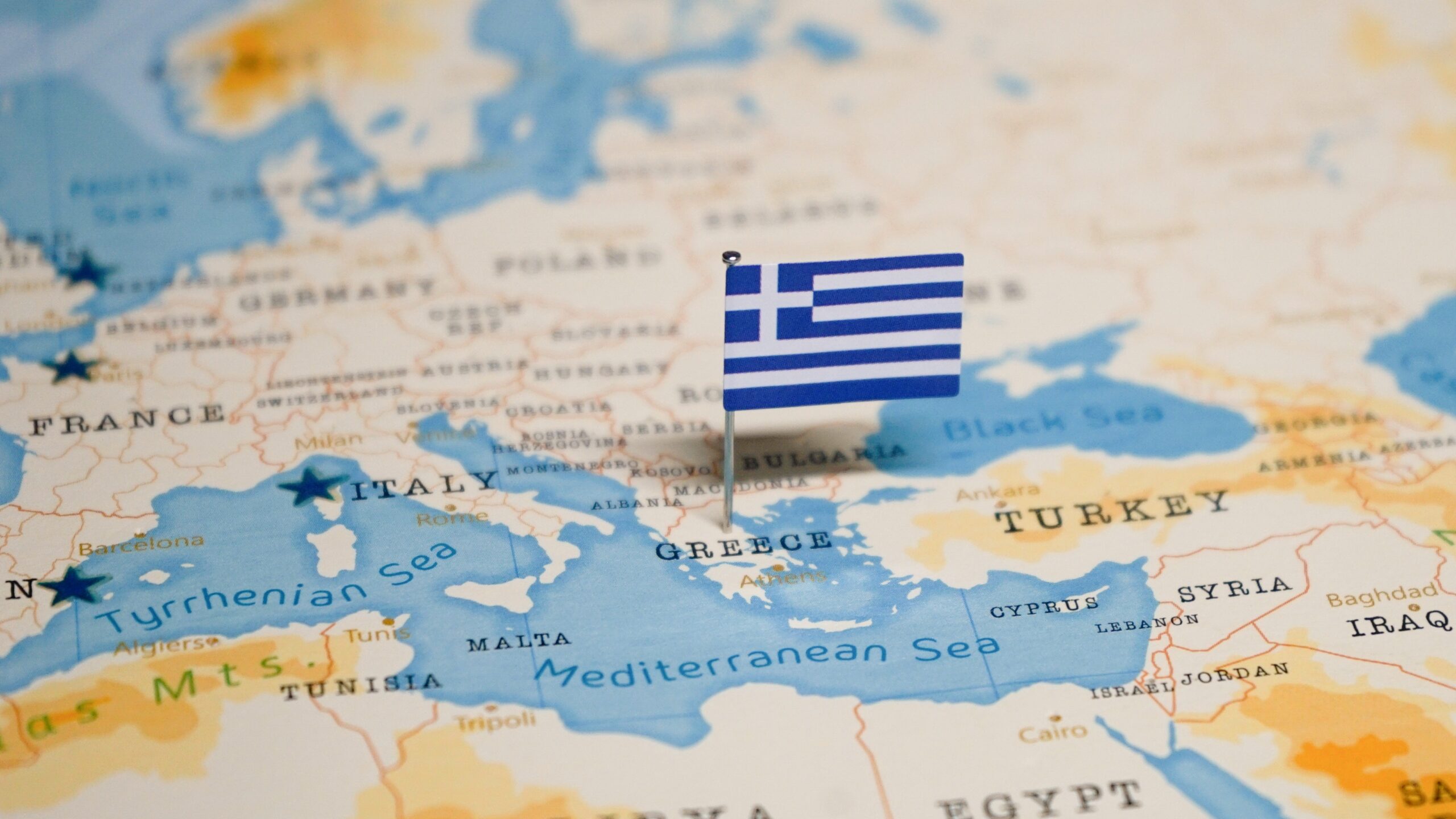
Greece, founded around 800 B.C., is one of the world’s oldest civilizations. This nation’s roots reach back to ancient city-states like Athens and Sparta, which laid the groundwork for Western culture. Greek independence was achieved in 1830, following years under Ottoman rule. The Greek War of Independence began in 1821, marking a pivotal point in the nation’s history. Greece’s contributions to philosophy, science, and art are unmatched, earning it the title “cradle of Western civilization.” From the Acropolis to historic myths, Greece’s 2,800-year journey is still celebrated today.
Portugal
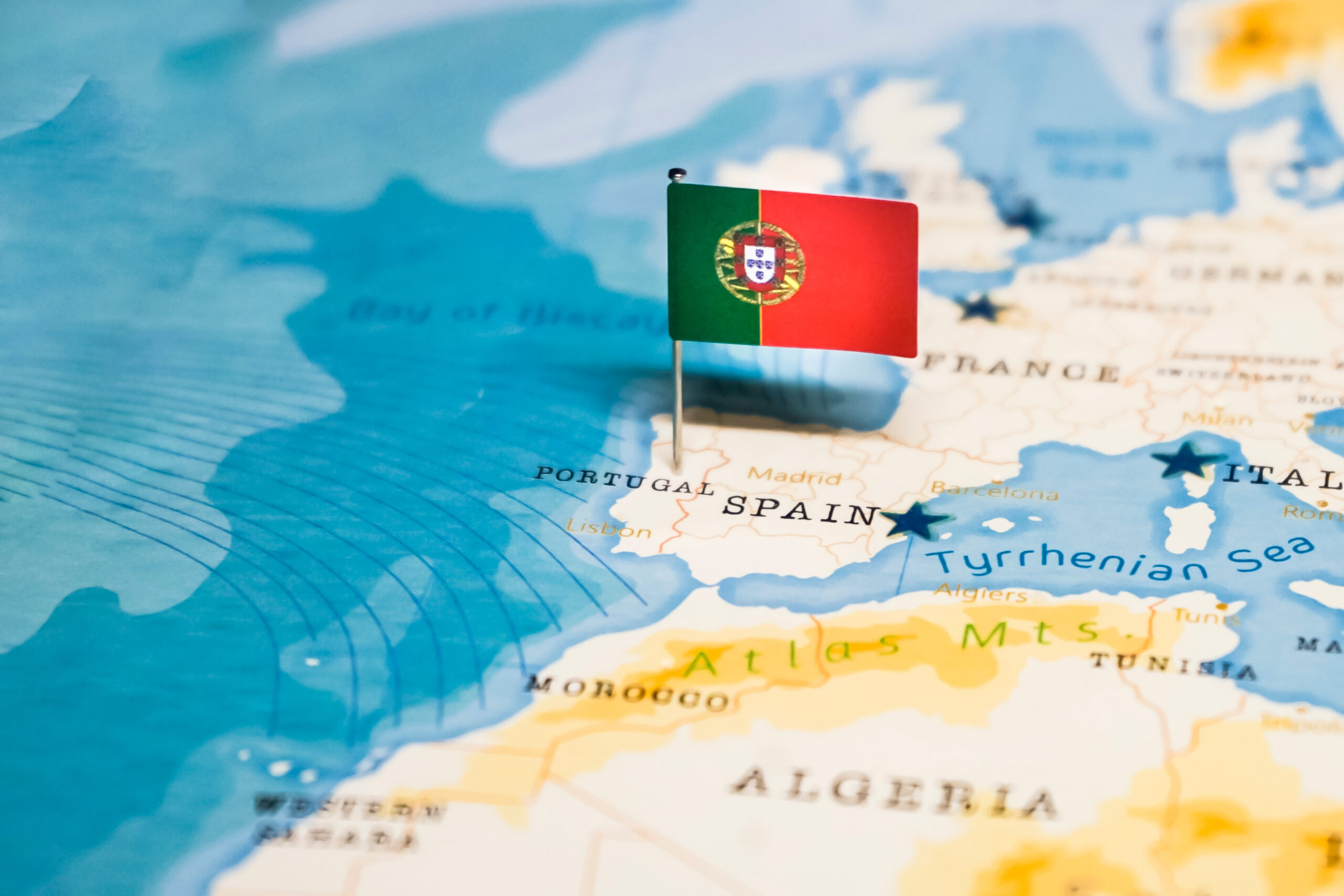
Portugal is one of Europe’s oldest nations, with its establishment dating back to 1143. It gained independence from the Kingdom of León in 1139, when Afonso Henriques was proclaimed king. Portugal’s independence was solidified by the Treaty of Zamora, marking it as a separate kingdom. Known for its maritime history, Portugal spearheaded the Age of Discovery, expanding its influence across the world. Today, its 900-year legacy of exploration and resilience stands out in European history.
San Marino
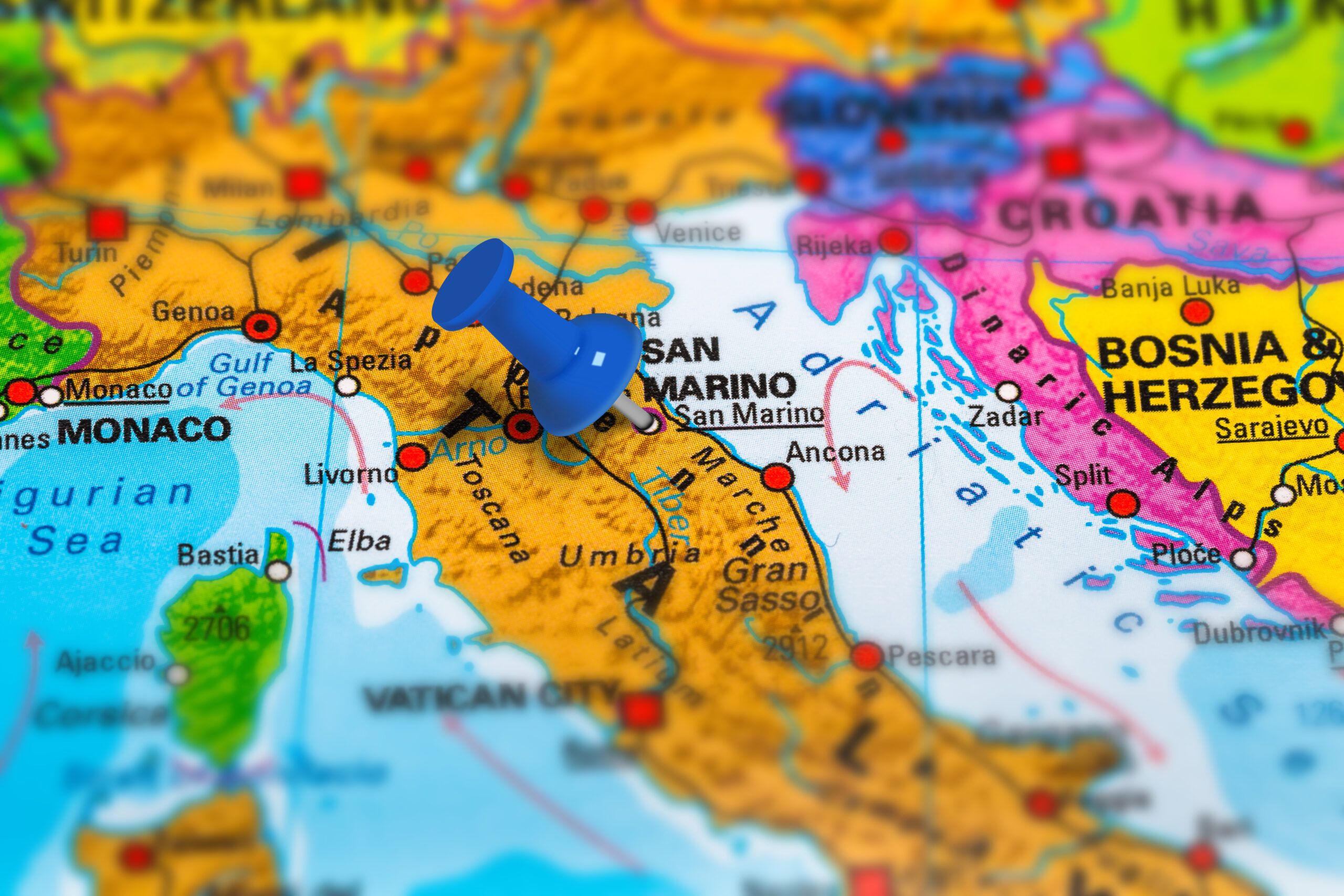
San Marino, founded in A.D. 301, claims to be the world’s oldest republic. According to tradition, it was established by a Christian stonemason named Marinus. It gained independence as a self-governing state, never officially under the control of other powers. San Marino’s independence has been preserved through centuries, even amidst wars and conflicts in Europe. Despite its small size, San Marino’s unique status and resilience make it a notable symbol of longevity. Its 1,700-year history reflects a commitment to autonomy and freedom.
France
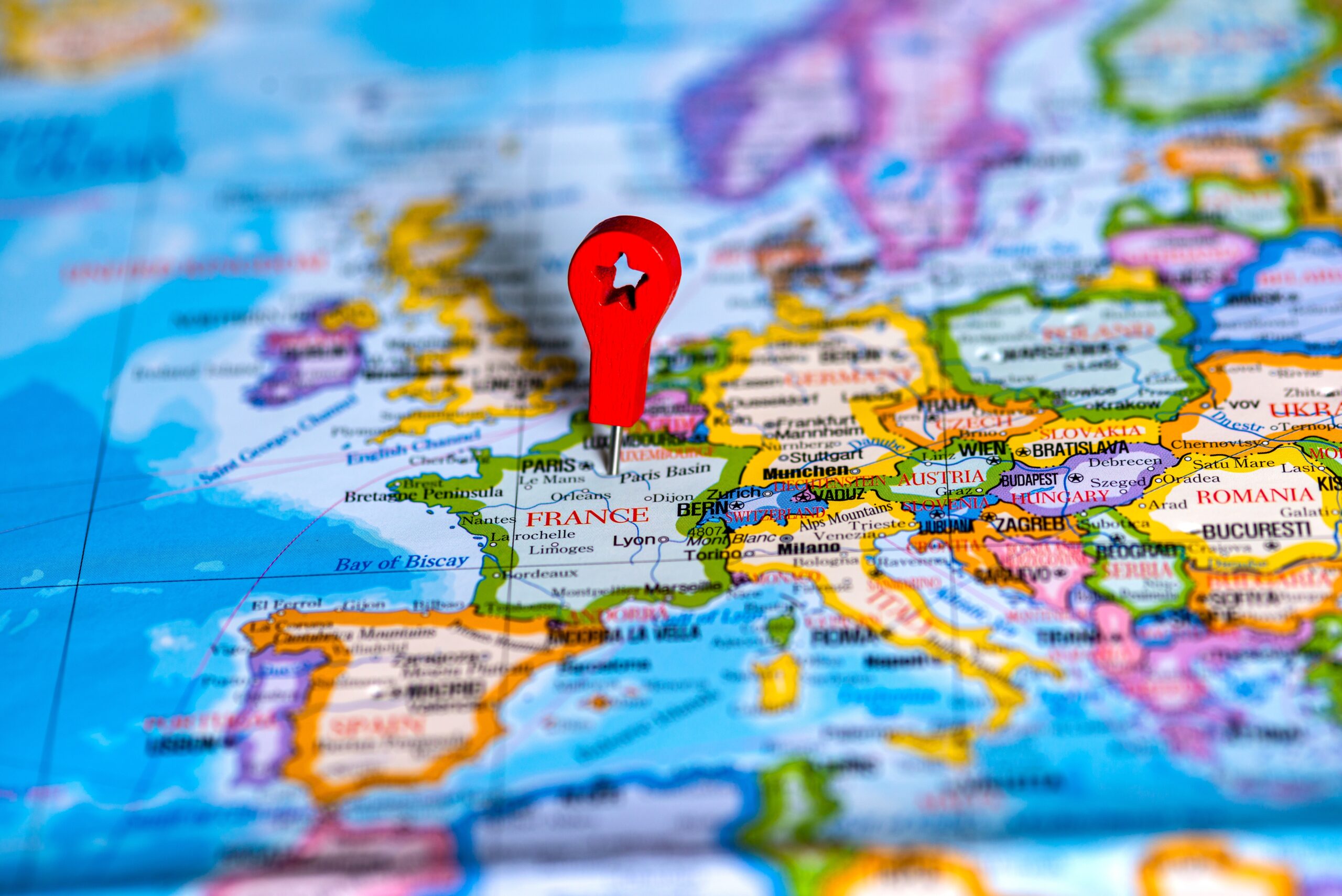
France traces its roots back to 843 A.D. when it emerged from the Treaty of Verdun. This treaty divided the Carolingian Empire, forming the first French kingdom. Over time, France evolved through dynasties, revolutions, and expansions, building a strong cultural and political identity. France achieved its current status as a republic in 1792, marking a definitive shift from monarchy to democratic governance. With a history spanning over 1,100 years, France has been a major cultural and intellectual force in Europe.
Bulgaria
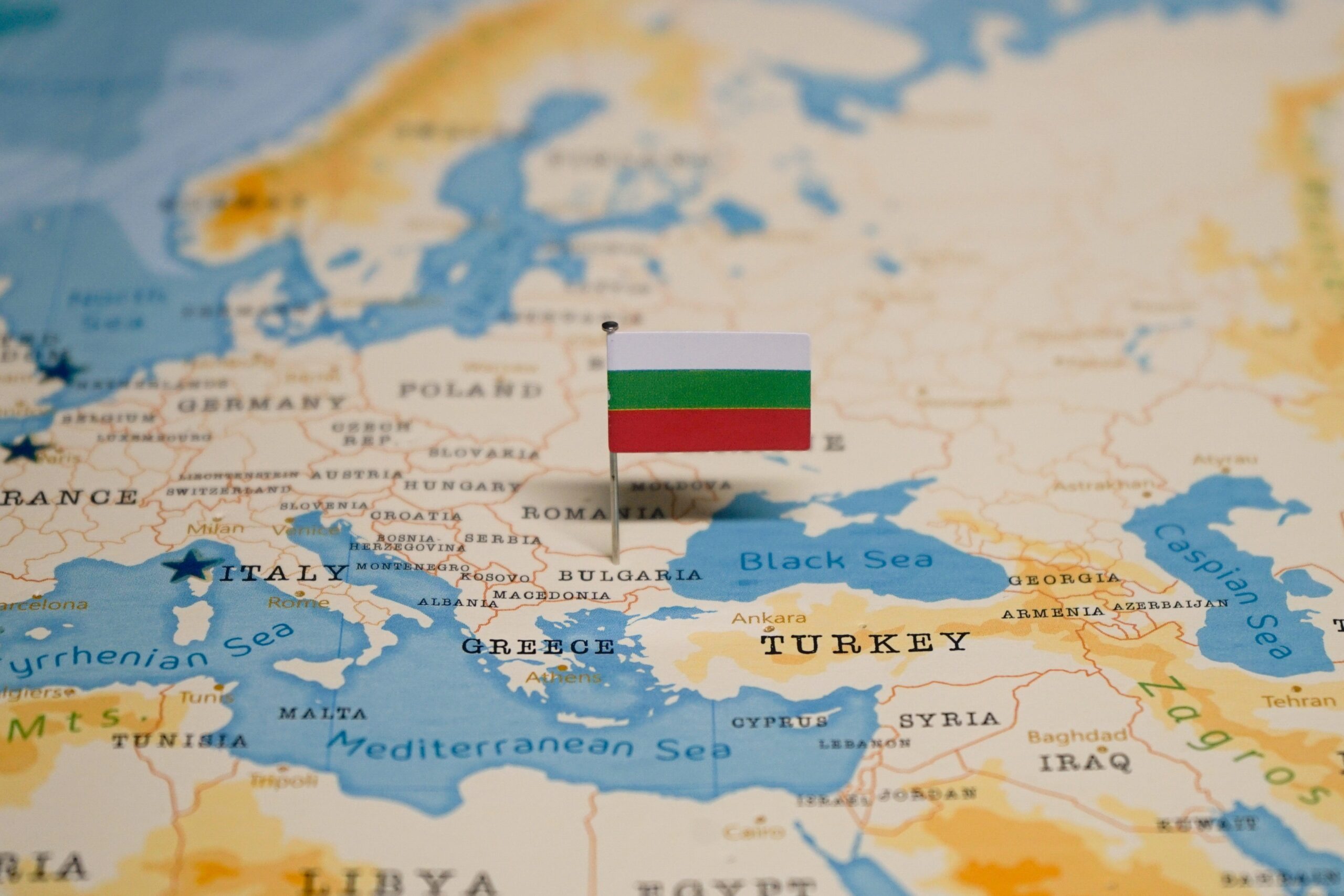
Bulgaria is one of Europe’s oldest countries, established in 681 A.D. under the rule of Khan Asparuh. It gained autonomy from the Byzantine Empire, eventually establishing the First Bulgarian Empire. Despite invasions and occupations, Bulgaria reclaimed its independence from Ottoman rule in 1908. The nation has a history rich in culture, language, and resilience. Over its 1,300 years, Bulgaria has been a bridge between East and West, blending Slavic, Thracian, and Byzantine influences.
Denmark
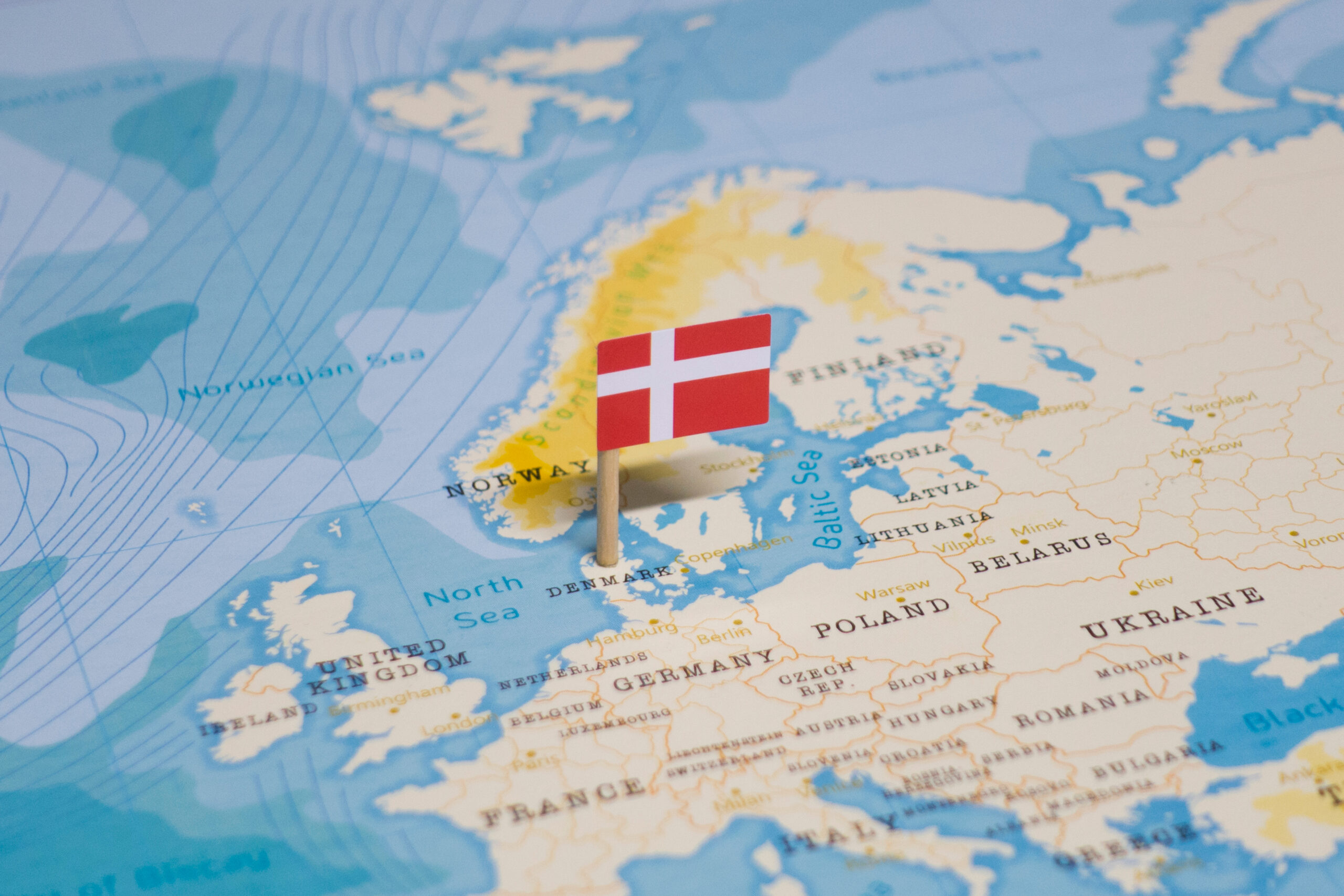
Denmark is a Scandinavian country with origins around the 10th century A.D. It became a unified kingdom under Harald Bluetooth, who converted the Danes to Christianity. Denmark’s monarchy is one of the oldest in Europe, dating back over 1,000 years. The country maintained its sovereignty through many conflicts, including those with Sweden and Germany. Denmark’s deep-rooted history reflects resilience, and it remains a monarchy today. Its Viking heritage and early Christianization are hallmarks of its cultural legacy.
Andorra
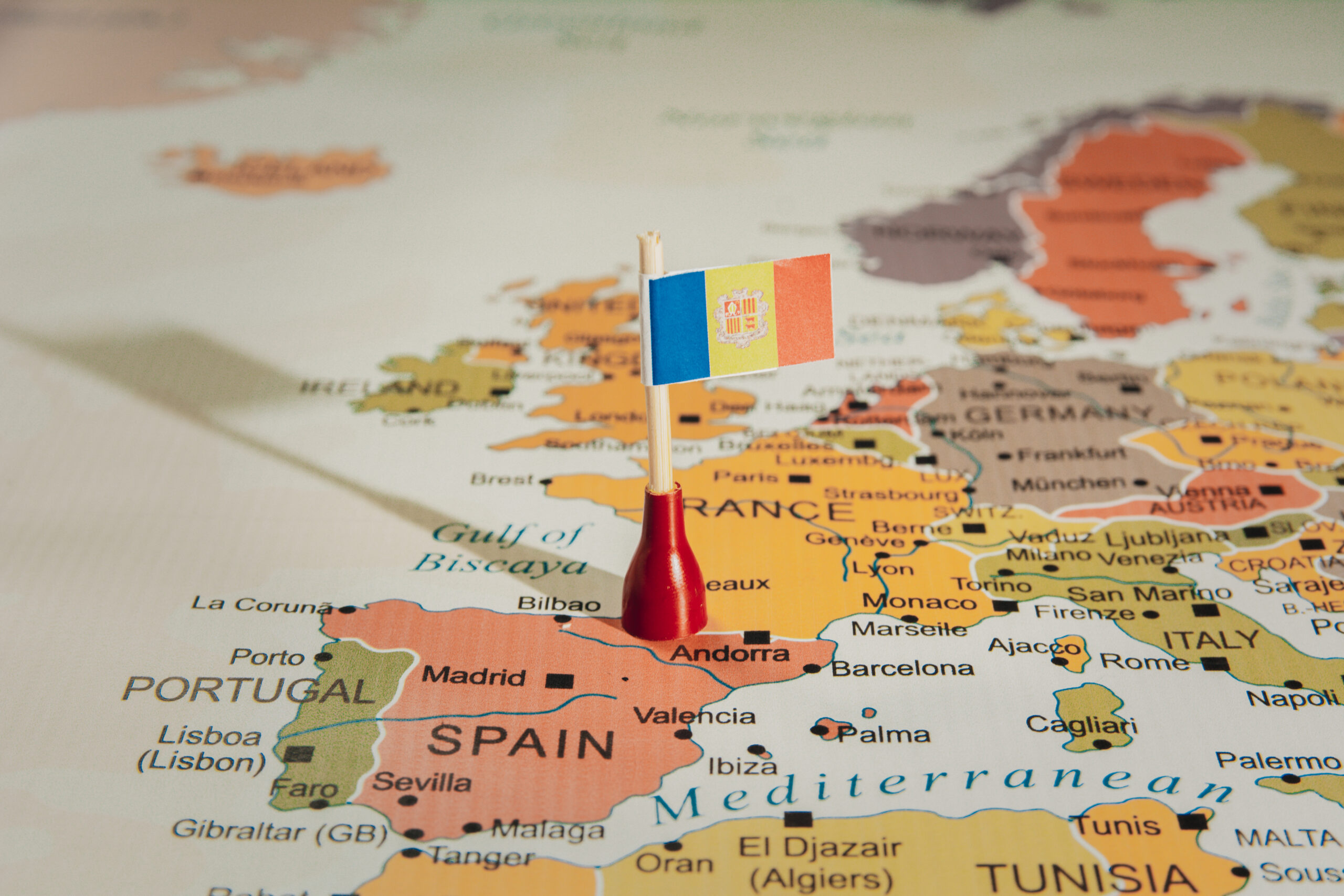
Andorra was established in 1278, with a unique co-principality arrangement between France and the Bishop of Urgell. Known as the Principality of Andorra, it has maintained independence through centuries, situated high in the Pyrenees Mountains. Andorra’s independence stems from a treaty in 1278, making it one of the few countries never fully absorbed by larger powers. The country’s small size and geographical isolation have contributed to its long-lasting autonomy. Andorra’s 700-year history as an independent microstate is a testament to its resilience and cultural pride.
Hungary
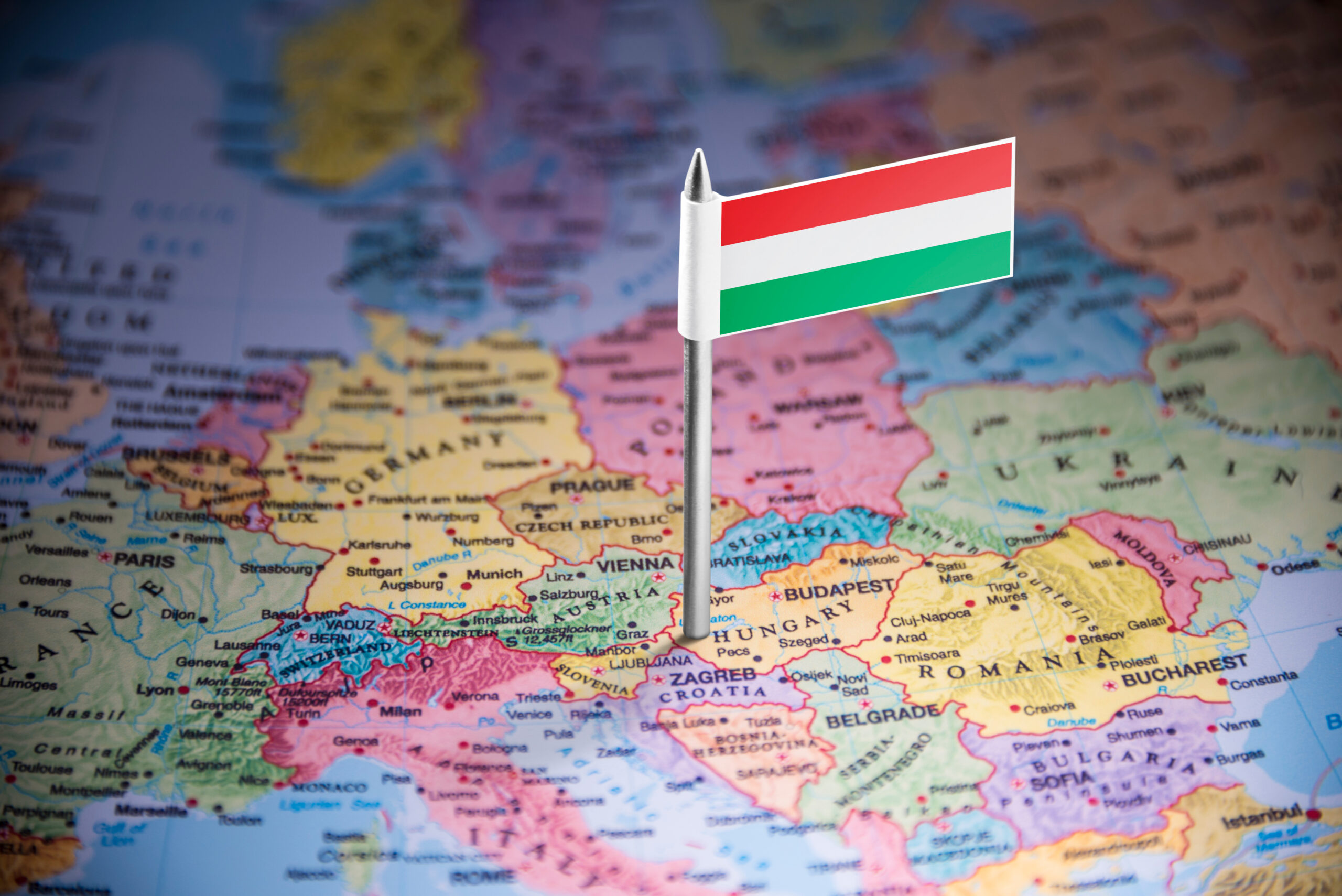
Hungary was established in A.D. 895, with the formation of the Principality of Hungary by Magyar tribes. This marked the foundation of Hungary as a cohesive state in Central Europe. In 1000, it became a Christian kingdom under King Stephen I, who unified the country under one rule. Hungary gained its current independence after the fall of the Austro-Hungarian Empire in 1918. The country’s deep history reflects a blend of Eastern and Western influences, maintaining cultural identity for over 1,100 years. Hungary’s resilience and strategic location have made it a crossroads of European history.
Switzerland
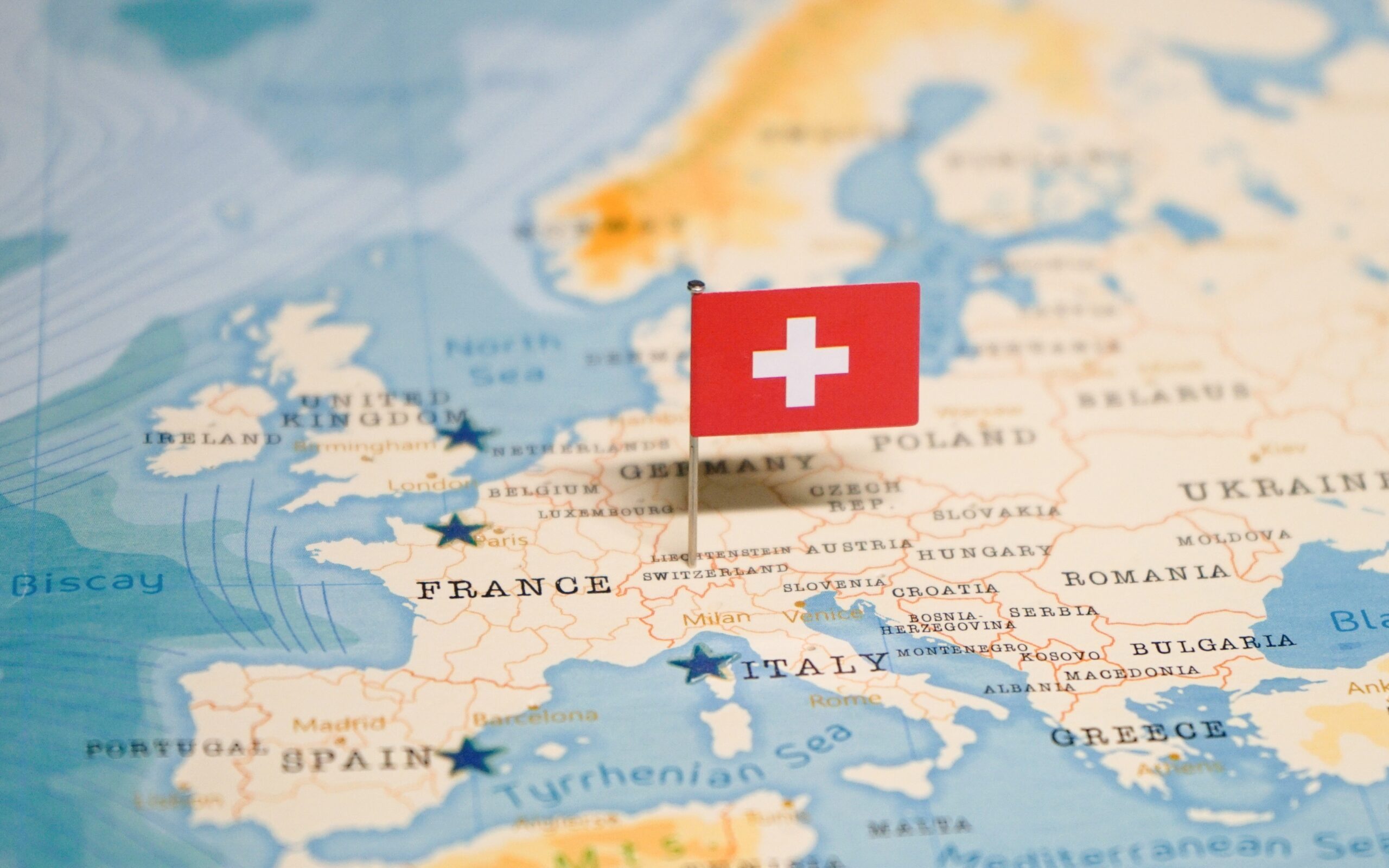
Switzerland’s origins trace back to 1291, when three regions formed a confederation to defend against outside powers. Known as the Federal Charter, this pact marked the birth of Swiss unity and independence. Switzerland later gained full sovereignty from the Holy Roman Empire in 1648, through the Treaty of Westphalia. The nation’s history is one of neutrality and self-determination, making it unique among European countries. Over its 700 years, Switzerland has maintained stability and independence, building a strong, democratic tradition. Its mountainous geography and neutral stance have preserved its autonomy.
Austria
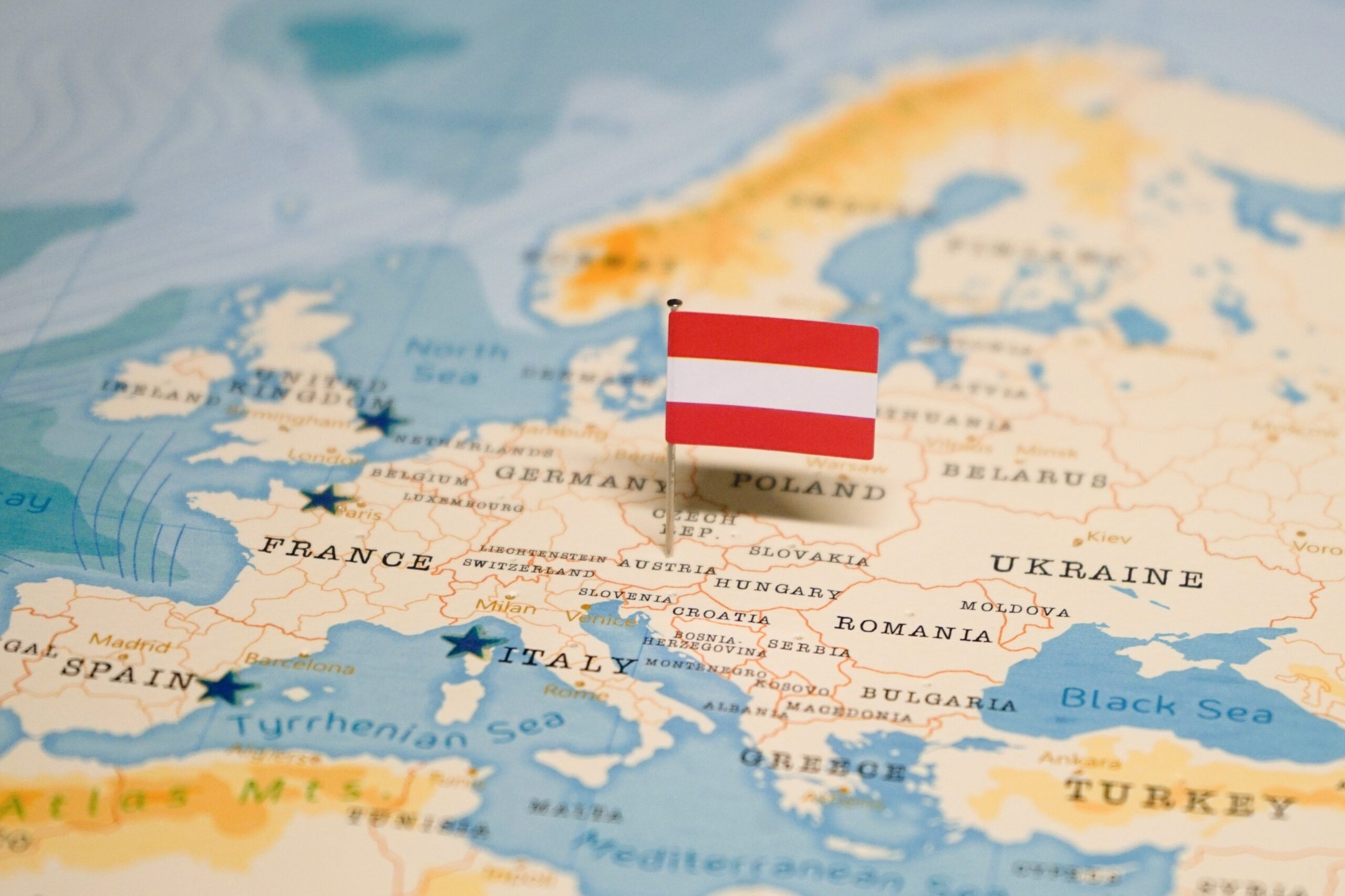
Austria was officially founded in 976 A.D. as a margraviate within the Holy Roman Empire. By 1156, it became a duchy, gaining greater autonomy and establishing its own ruling dynasty. Austria remained an influential European power, later forming the Austrian Empire in 1804. Following World War I, Austria declared itself a republic in 1918, marking its modern independence. Austria’s cultural heritage spans over 1,000 years, contributing greatly to art, music, and science. Known for its role in the Habsburg Monarchy, Austria’s rich history continues to shape its national identity.
Sweden
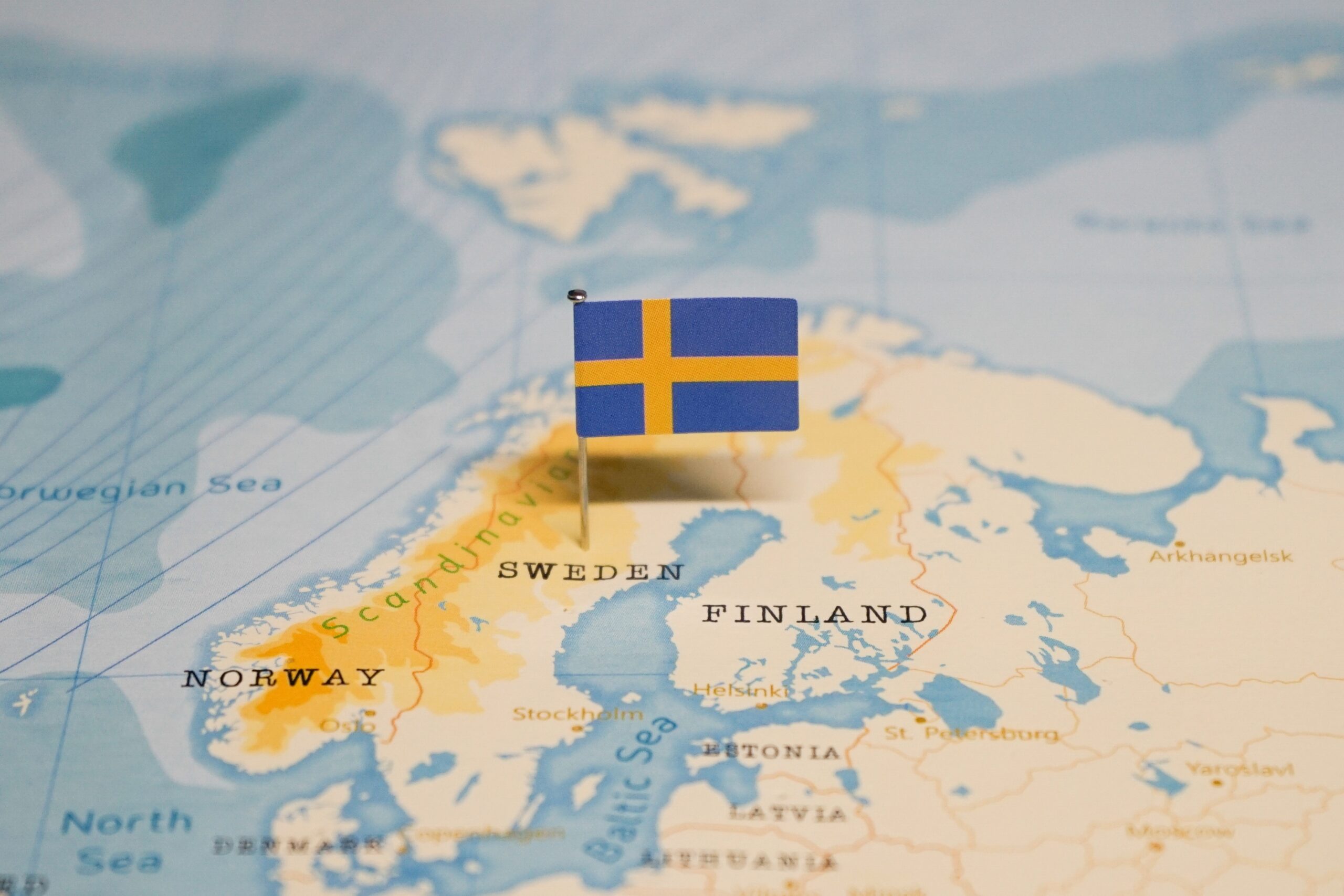
Sweden emerged as a unified kingdom around the 12th century, consolidating its various territories under one rule. By the 16th century, Sweden fully established its independence, separating from the Kalmar Union with Denmark and Norway. The Vasa dynasty, founded in 1523, marked a period of national growth and cultural development. Sweden’s monarchy remains one of Europe’s oldest, and the country has remained neutral in most major conflicts. With a history spanning over 800 years, Sweden has cultivated a strong national identity. Its Viking heritage and dedication to peace stand out in European history.
Norway
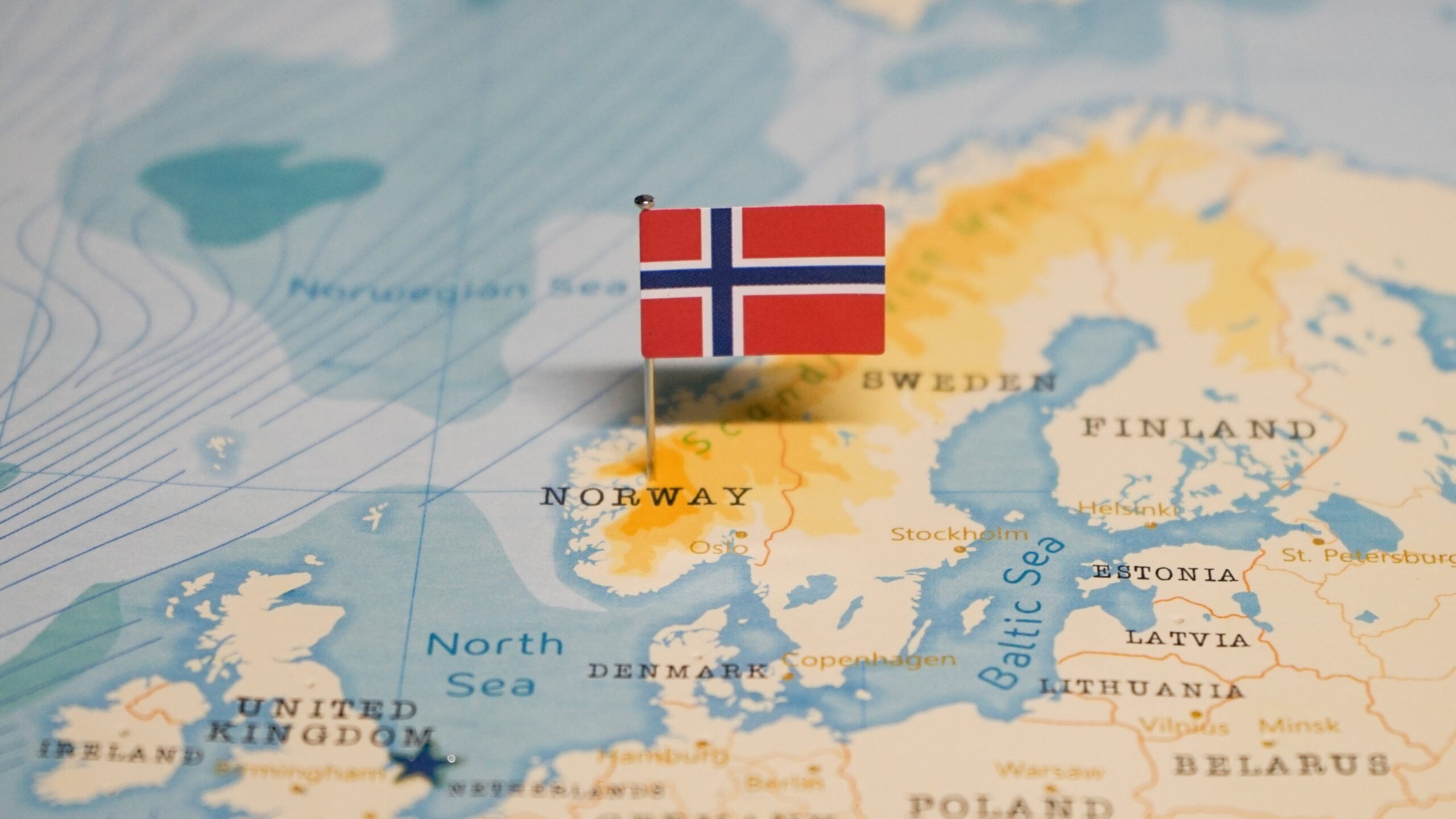
Norway’s establishment dates to 872 A.D., when King Harald Fairhair unified the country’s regional kingdoms. By the early 14th century, Norway entered a union with Denmark, which lasted until 1814. Norway then briefly united with Sweden before declaring full independence in 1905. Throughout its 1,100-year history, Norway has navigated periods of union and autonomy, holding a strong sense of cultural identity. Norway’s rugged landscape and maritime tradition have shaped its resilient national character. Its long history includes rich Viking roots and a love of independence.
Poland
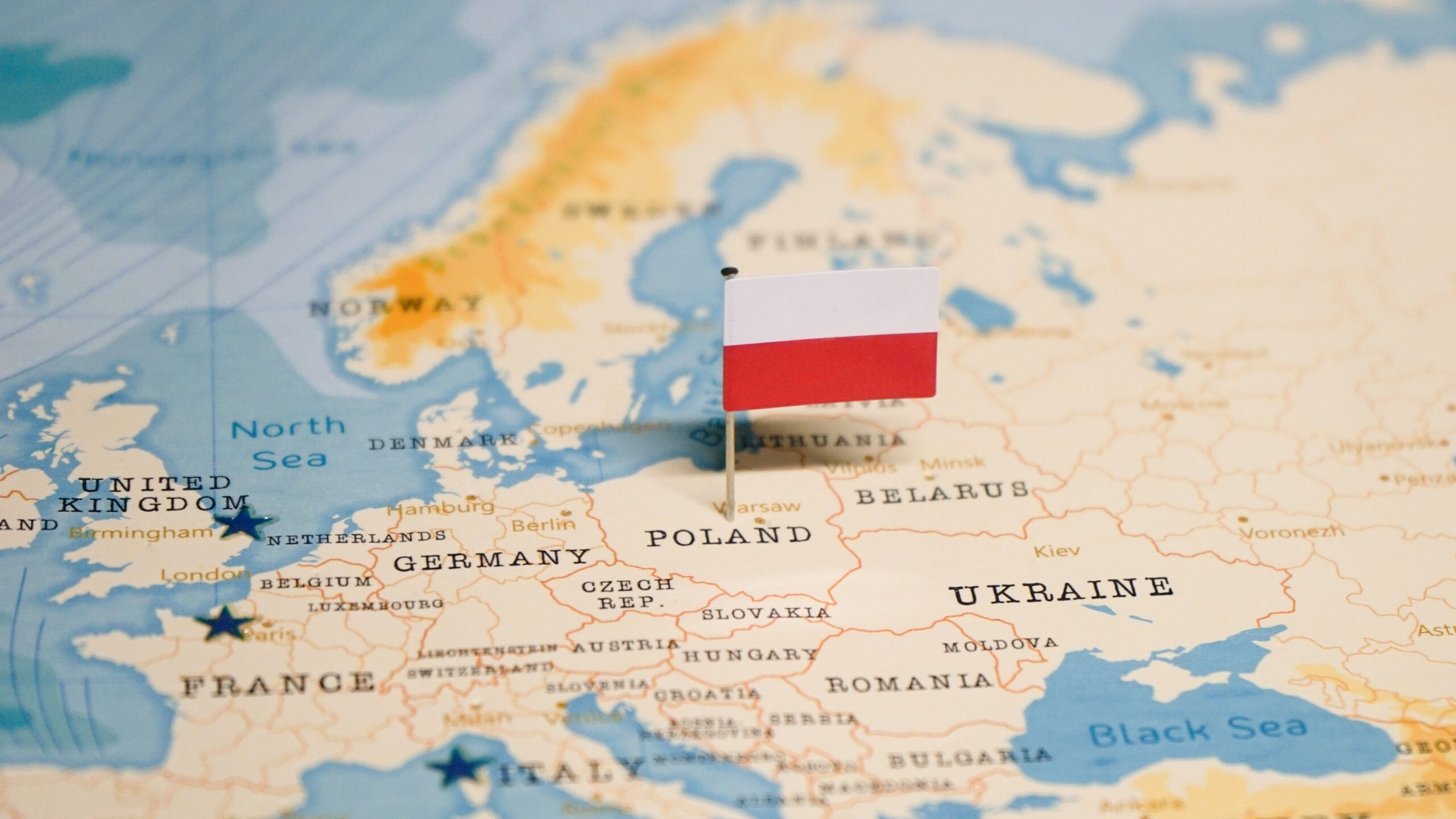
Poland’s origins trace back to 966 A.D., when Mieszko I unified Polish territories under Christian rule. In 1025, it became a kingdom, establishing itself as a distinct European state. After periods of occupation, Poland regained independence in 1918, following World War I. Poland’s complex history includes partitions, uprisings, and a strong cultural heritage. Over 1,000 years of resilience mark Poland’s journey, making it a symbol of perseverance. Its deep historical roots blend Eastern and Western European influences, creating a unique identity.
This article originally appeared on Rarest.org.
More from Rarest.org
20 Scenic River Cruises Through Lesser-Known Waterways
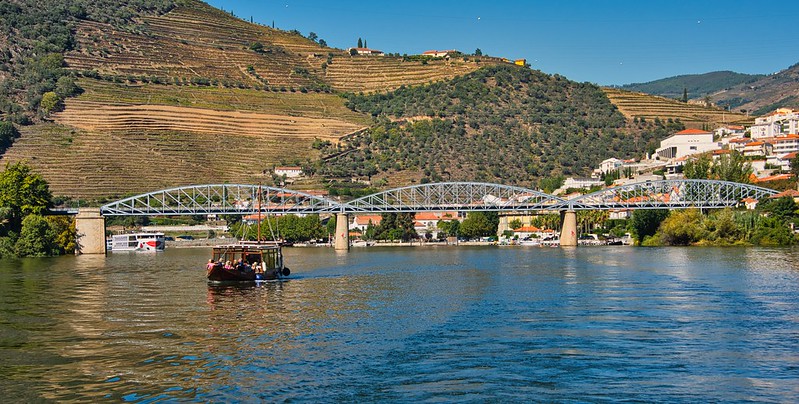
Exploring rivers can offer a unique way to see the world, especially when cruising through lesser-known waterways. Read More.
20 Iconic Sports Cars That Exude Power and Prestige

Sports cars have long been symbols of power, prestige, and performance, capturing the hearts of enthusiasts worldwide. Read More.
18 Most Pivotal Moments in Space Exploration History
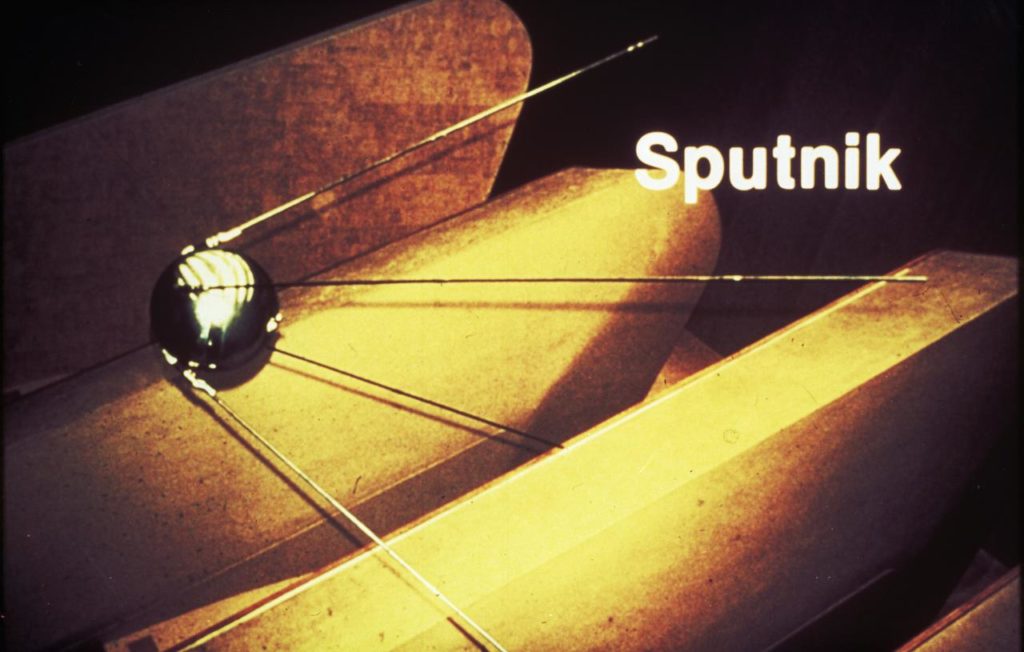
Space exploration has been filled with groundbreaking moments that have pushed the boundaries of human knowledge and technology. Read More.
